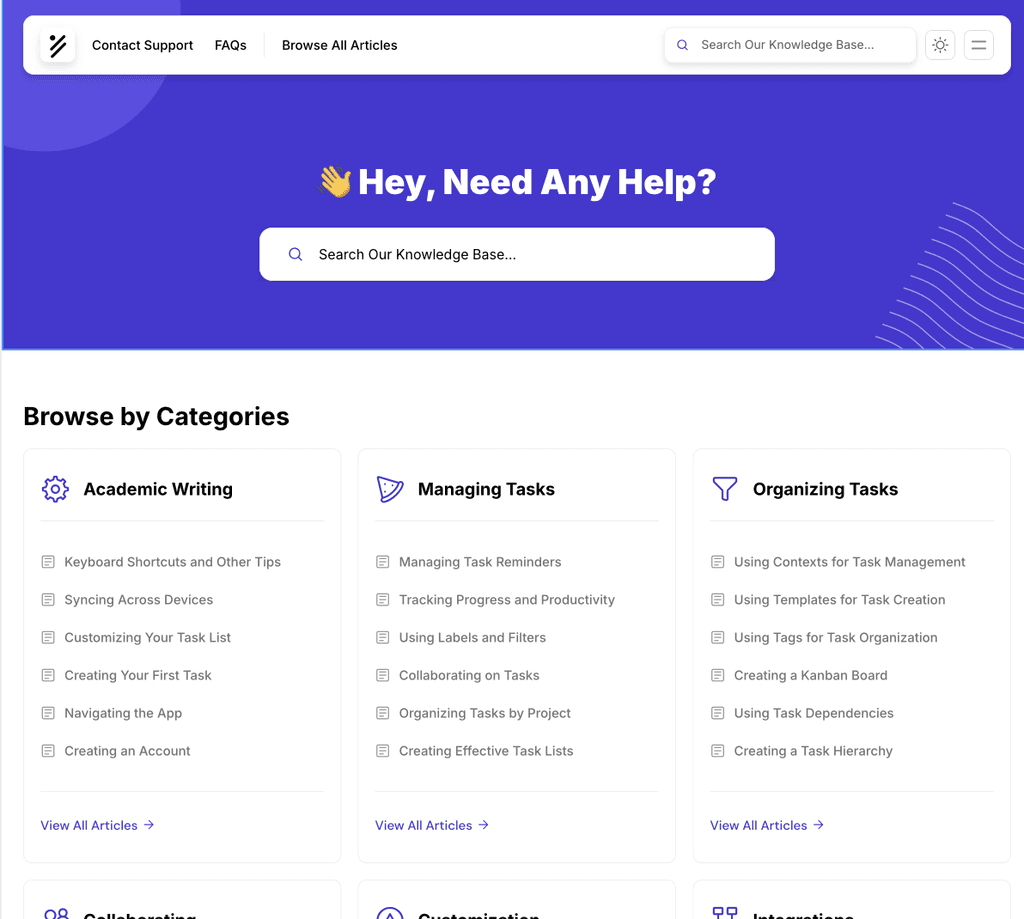Written By: Ross Taylor
Last Updated on March 17, 2024

Academic writing is a cornerstone of research, but it can be a time-consuming and mentally taxing process. Could the answer to faster, better writing lie in artificial intelligence? A growing body of research suggests it might.
Generative AI tools, specifically large language models (LLMs), are shaking up traditional approaches to writing. These AI systems can generate text, translate, and even act as sophisticated brainstorming partners.
But is it cheating?
Not at all. The key is using AI strategically. Think of it as a powerful assistant rather than a replacement for your own intellect. Researchers propose a collaborative framework where AI takes care of some of the heavy lifting during your writing process.
How AI Can Help
Jumpstarting Ideas: Need some inspiration? AI tools can generate outlines, suggest relevant research, and even help you get past writer's block.
Drafting Power: LLMs can create first drafts based on your notes, saving you precious time.
Editing Assistant: Get instant feedback on grammar, word choice, and style. You still make the final call, but AI can catch those pesky errors.
The Power of Paraphrasing: Need to reword a complex idea? AI can suggest multiple ways to say the same thing, helping you find clarity.
The Future of Academic Writing
AI won't replace the need for solid research and critical thinking. However, it can free you from mundane tasks, leaving more mental energy for the creative and analytical aspects of writing. As AI evolves, the potential for collaboration grows. Imagine an AI that understands your research niche and tailors suggestions accordingly!
The key to success lies in understanding AI's strengths and weaknesses, and using it as a powerful tool in your academic toolkit.
Related to AI for Writing and Editing



